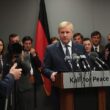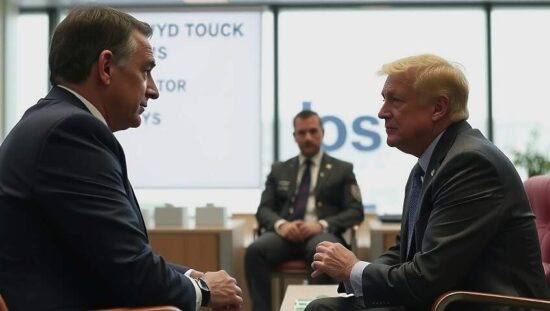A compromise brokered between Germany’s conservative Union and Social Democrat (SPD) coalition regarding mandatory military service has drawn sharp criticism, even from within the ruling CDU. Thomas Röwekamp, Chairman of the Bundestag’s Defense Committee, voiced concerns that the agreement, which prioritizes a voluntary service system, falls significantly short of addressing the Bundeswehr’s critical personnel shortages.
Speaking to the Handelsblatt, Röwekamp acknowledged the CDU/CSU faction’s desire for a swift return to conscription, stating the current deal represents a reluctant compromise. He expressed shared reservations with numerous military experts regarding the sufficiency of voluntary recruitment to meet the Bundeswehr’s mandated personnel goals, which are deemed essential for Germany’s security policy.
The agreement stipulates a target range of 186,000 to 190,000 active soldiers and 70,000 to 80,000 reservists for the coming year. Defense Minister Boris Pistorius is now obligated to provide parliamentary reports every six months, detailing progress towards these targets. Röwekamp cautioned against expecting an immediate activation of a “necessity military service obligation” if these targets are missed within the first six months, emphasizing the situation’s assessment as of July 1, 2027, as the determining factor.
The early resumption of the military draft process, beginning next year, is framed as an urgent step to rebuild the necessary infrastructure. Rostered citizens will receive questionnaires, marking the initial phase of re-establishment. Beyond the data collection, the draft process is ostensibly intended to foster dialogue with young individuals, exploring potential interest in voluntary military service and highlighting career and professional opportunities within the armed forces.
However, critics, including Röwekamp himself, are skeptical whether this expanded engagement will be sufficient to rectify the underlying systemic issues contributing to the personnel crisis. The reliance on voluntary recruitment, even with a more proactive early engagement process, raises questions about the Bundeswehr’s ability to secure the force levels necessary to meet Germany’s evolving security challenges, potentially forcing a reconsideration of compulsory service in the near future. The continued parliamentary scrutiny and the ongoing assessment of personnel growth will be crucial, but the fundamental fragility of the current approach remains a significant point of political contention.





